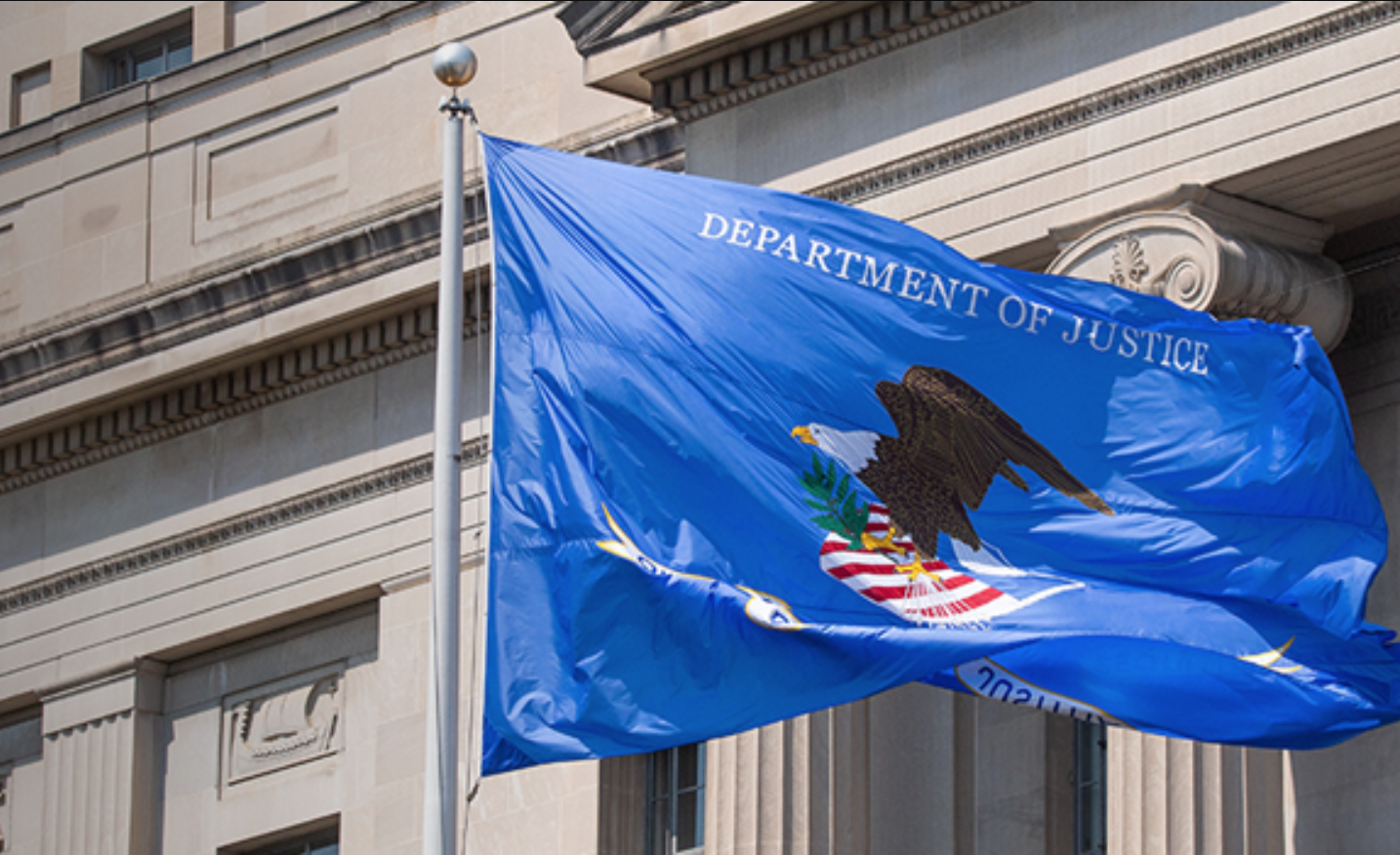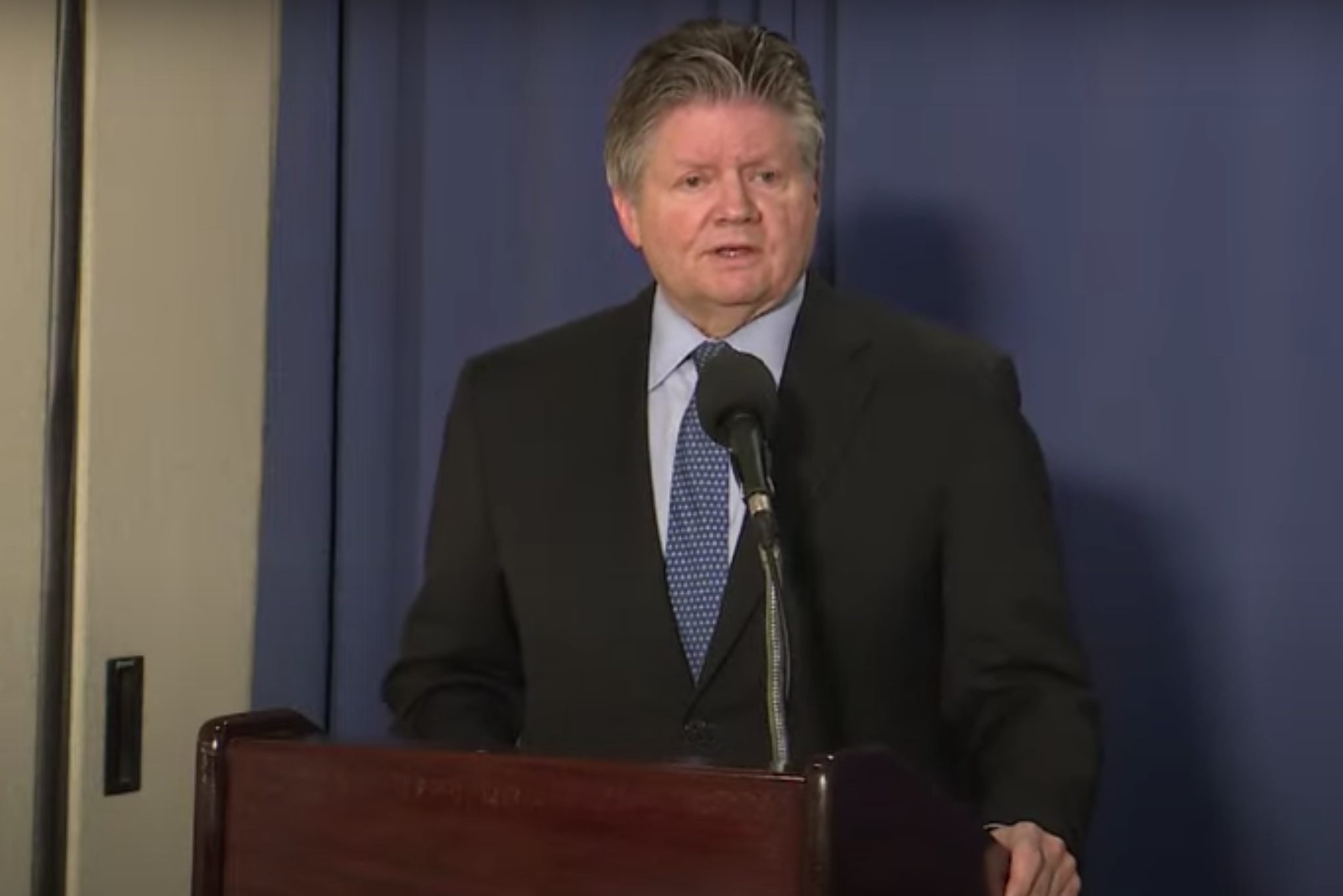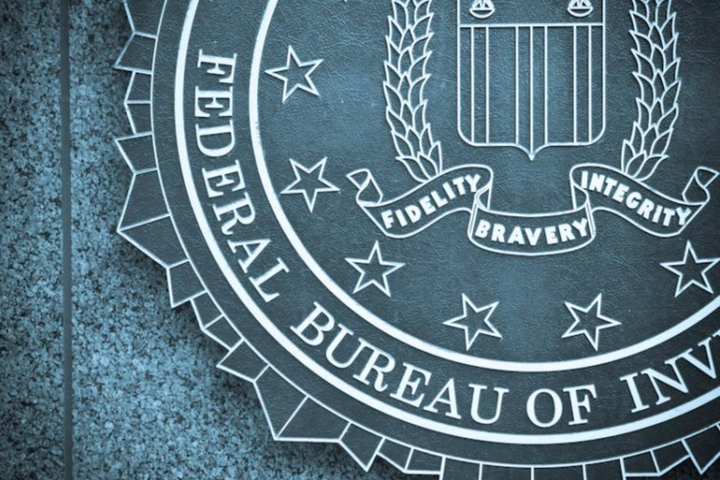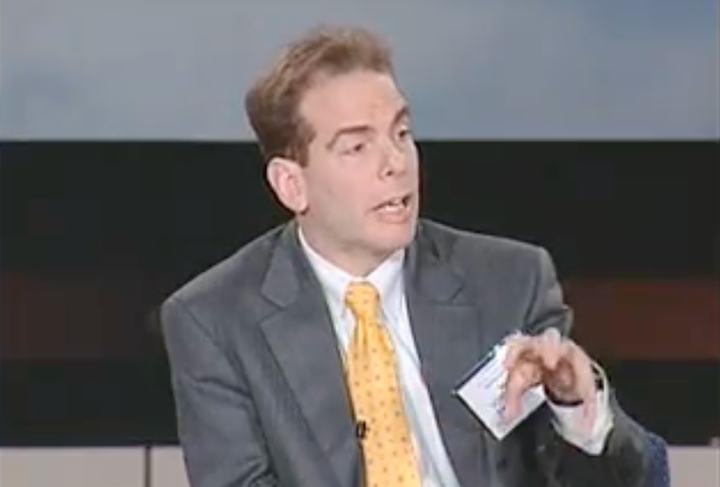Justice Department Fights Lawsuit Over Secret JFK Files

This article was funded by paid subscribers of The Dissenter Newsletter. Become a monthly paid subscriber to help us publish more independent journalism.
The United States Justice Department (DOJ) will fight a lawsuit intended to force President Joe Biden and the National Archives and Records Administration (NARA) to release records on the assassination of President John F. Kennedy.
On October 19, 2022, prior to the release of thousands of documents in December, the Mary Ferrell Foundation sued [PDF] Biden and NARA for allegedly failing to fulfill their duties under the JFK Assassination Records Collection Act of 1992.
The complaint suggested that the “clear and convincing evidence” standard for postponing the release of records was not followed. Instead, a number of records were withheld yet again due to flimsy claims of “anticipated harm."
Biden was also accused of failing to go record-by-record to identify the particular harm that would occur if an assassination record was made public.
According to the foundation, Biden declined to provide dates for records when it would be “reasonably anticipated that continued postponement would no longer be necessary." Plus, dates for reviewing the records again were not set.
Jefferson Morley, journalist and vice president of the Mary Ferrell Foundation, reported in his JFK Facts newsletter that DOJ attorneys had moved to dismiss the foundation’s lawsuit.
In their request for dismissal [PDF], the government insists that Biden followed the criteria in the JFK Records Act for postponing the release of records.
“Nothing in the JFK Act authorizes federal courts to second-guess the President’s determinations in that regard,” the motion for dismissal declares.
It adds, “If the President does decide to postpone the deadline [for disclosure of records], the underlying basis for the decision is also left entirely to the President’s discretion.”
The government maintains that the JFK Records Act does not limit Biden’s authority to “postpone the 25-year deadline for disclosing all assassination records.”
Biden Hasn't Followed The Process He Outlined For JFK Assassination Records
By October 26, 2017, twenty-five years after the passage of the JFK Records Act, the secrecy surrounding the “decades-long effort” to release all JFK assassination records was supposed to come to an end.
Despite the deadline, on April 26, 2018, President Donald Trump postponed the disclosure of an “unspecified number of unidentified assassination records” for three and a half years.
Biden delayed the release yet again in 2021, claiming the National Archives needed more time to further review assassination records. A date for disclosure was set in December 2022.
Notably, the memo that Biden issued laid out a process for a one-year review and instructed agencies to draft an unclassified letter that included written descriptions of the “types of information for which the agency” proposed “continued postponement” and reasons for the postponement. It called for an unclassified index and a “specific proposed date” when agencies believed each withheld record could be released.
Though explanations for keeping each record secret were supposed to appear in the federal register (a centralized system for executive branch publications), none have been published.
The Mary Ferrell Foundation asserts that explaining to the public why certain assassination records can still not be released was required under the JFK Records Act, and that would seem to be reflected in Biden’s 2021 memo.
Justice Department attorneys, on the other hand, defend Biden, even though he has failed to follow the process outlined in his own memo.
Furthermore, it is unclear what proposed redactions from the DOJ, Defense Department, State Department, and Office of the Director of National Intelligence (ODNI) were accepted or challenged by NARA.
More Than 10,000 Records Kept From The Public
It is estimated that more than 10,000 records are still secret due to opposition from within the CIA and various other executive branch agencies.
Following the release of records in December, CNN reported that researchers were frustrated. “The vast majority of the almost 1,500 documents released by the National Archives as new appear to be duplicates of previously released documents with only a few redacted words now revealed, often the name of a CIA case officer or the location of an overseas agency station that investigators had already pieced together. Some have no changes whatsoever.”
The Mary Ferrell Foundation is one group of researchers that were deeply disappointed. For many years, they have managed the "largest searchable electronic collection of materials related to the JFK assassination" in order to further the pursuit of the truth of how Kennedy was murdered.

Judge John Tunheim, who served as the chairman of the Assassination Records Review Board (ARRB) established by the JFK Records Act, previously said, “It’s time to release all the files.”
Tunheim described the standard for keeping records secret because they may name or involve informants. Agencies are expected to provide evidence that the informant is still alive and that there would be concrete harm if their name was disclosed.
He recalled that the ARRB had previously approved the postponement of a file that contained “evidence of a country’s president’s cooperation with the CIA.” Since that political party is no longer in control and has not been in power for a “long time,” there is “little risk of a government going down because of the release of that information.” Material of that nature should be public.
“There may be some hiccups in the agencies about releasing files, but these same sorts of things happened 30 years ago,” Tunheim concluded. “In the interests of transparency and honesty, everything should be released so that we [can] say that nothing is being hidden anymore.”
Lawrence Schnapf, the attorney representing the Mary Ferrell Foundation in their lawsuit, highlighted the fact that not all the records are in the control of the executive branch. For example, the Robert F. Kennedy Trust had JFK assassination records.
“[Attorney General] Robert F. Kennedy had his own Mar-a-Lago event. An hour after the president was killed, Robert F. Kennedy seized the records in the Oval Office, took them, and eventually they were deposited in the JFK Library.”
“We believe those records probably involve Cuba, maybe some embarrassing stuff. But they’re still being withheld,” Schnapf added.
This example is why they sued the National Archives, along with Biden. Schnapf and the Mary Ferrell Foundation believe NARA has not completed “outstanding search requests” and new searches for assassination records “known to exist but that are not part of the JFK collection.”
Another set of records still being kept secret include CIA files on George Joannides, who was the "chief of covert action at the CIA station in Miami and served as case officer for a New Orleans-based CIA-funded exile group that had a series of encounters with Lee Oswald in 1963."
The Assassination Records Review Board's final report in 1998 noted that the "CIA, FBI, Secret Service, and other organizations intentionally destroyed documents." No meaningful action has ever been taken to deal with this serious matter.
As the lawsuit recalls, the JFK Records Act was passed in response to public pressure to end the secrecy around JFK assassination documents, which stemmed from executive branch agencies preventing their “timely disclosure.”
It is incredible that over 30 years later—and more than five years after a key deadline—the Justice Department asserts that under the JFK Records Act executive branch agencies are fully within their right to keep denying the public records without providing any sort of reasoning. That goes entirely against the statute.
In 2021, Biden acknowledged, “Almost 30 years since the [JFK Records] Act, the profound national tragedy of President Kennedy’s assassination continues to resonate in American history and in the memories of so many Americans who were alive on that terrible day; meanwhile, the need to protect records concerning the assassination has only grown weaker with the passage of time.”
If the Justice Department and the various executive branch agencies have their way, when officials finally release the last batch of assassination records there will no longer be any Americans alive who lived through the tragedy.




Comments ()